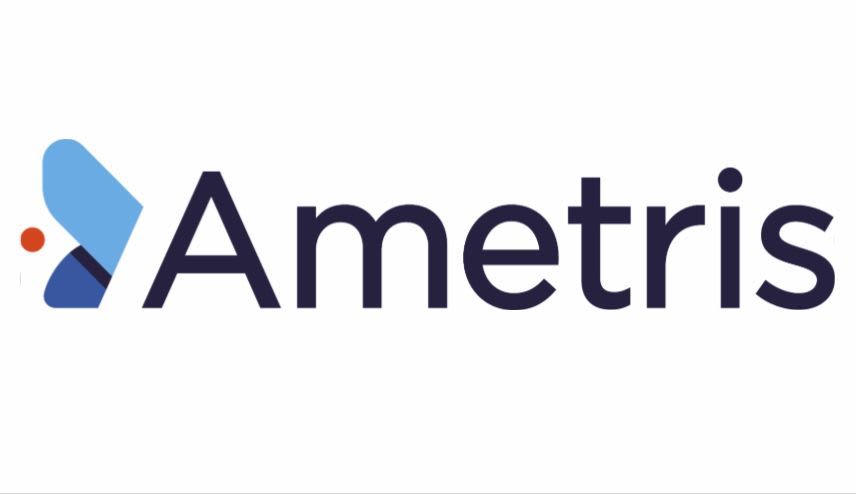Looking to further amp up its immunology business, Sanofi has agreed to acquire Blueprint Medicines in a deal that could be worth as much as $9.5 billion.
Blueprint’s research revolves around an enzyme made by a gene called KIT. This “tyrosine kinase” enzyme helps control cell development, division and survival, so if it mutates, it can spur the type of uncontrolled cell growth seen in cancer and some rare diseases. Blueprint already has one medicine approved by the Food and Drug Administration, Ayvakit, and is working on a handful of others, two of which are in human testing.
The FDA first approved Ayvakit in early 2020 for a rare kind of hard-to-treat gastrointestinal tumor, and specifically for the small subset of adults who have these tumors and certain mutations. Since then, the agency cleared the medicine as a treatment for both the less and more aggressive forms of “systemic mastocytosis,” an uncommon disorder where a kind of white blood cell known as a mast cell builds up in the bone marrow, digestive tract, skin and other organs. The accumulation can lead to severe inflammation and organ damage.
Last year, Blueprint posted $479 million in net product revenue from Ayvakit. The company used to have another marketed cancer drug, Gavreto, which it was co-developing and commercializing with Roche. But Roche ultimately backed away from that alliance, leading Blueprint to sell away rights to Rigel Pharmaceuticals in early 2024.
In a statement announcing the deal, Sanofi highlighted the recent trajectory in Ayvakit sales. They were up more than 60%, for example, between the first quarter of 2024 and the same three-month period this year. Blueprint recorded a $67 million net loss in 2024, compared to a more than half-a-billion-dollar net loss in each of the previous two years.
The proposed acquisition “represents a strategic step forward in our rare and immunology portfolios,” Sanofi CEO Paul Hudson said in the Monday statement. “It enhances our pipeline and accelerates our transformation into the world's leading immunology company.”
Hudson added that his company maintains a “sizeable capacity for further acquisitions.” After being an active dealmaker over the past few years, the French pharmaceutical giant still had close to 8 billion euros in cash and cash equivalents at the end of March.
Sanofi bought the diabetes drug developer Provention Bio for almost $3 billion in 2023 and the rare disease-focused Inhibrix for $2.2 billion in 2024. And just last month, it agreed to spend $470 million on Vigil Neuroscience, a Massachusetts-based biotechnology company touting an Alzheimer’s disease drug that just finished an early-stage human study.
Similar to its Vigil proposal, Sanofi is offering Blueprint investors a so-called contingent value right that could be worth up to $6 per Blueprint share, provided one of the biotech’s experimental drugs, “BLU-808,” hits certain development and regulatory goals. BLU-808 is in mid-stage testing as a possible treatment for chronic hives and an allergy-related condition that causes runny eyes and a congested nose. Blueprint also believes the drug could be useful in treating allergic asthma and “mast cell activation syndrome.”
Another Blueprint drug, elenestinib, is further along, having advanced to a late-stage study for the slower-moving form of systemic mastocytosis.
Sanofi’s upfront payment of $9.1 billion values Blueprint shares at $129 apiece, reflecting a premium of about 27% from the biotech’s closing stock price on Friday.
The transaction is expected to close sometime between July and the end of September, according to Sanofi.
Andrew Berens, an analyst at the investment firm Leerink Partners, wrote in a note to clients how his team expected Blueprint to land on the “strategic radar of large pharma” given Ayvakit is on the path to $1 billion or more in annual sales and the company recently raised its financial guidance for this year. However, the deal came sooner than anticipated, ahead of a key data readout for a rival drug from Cogent Biosciences.
Cogent’s bezuclastinib is also being evaluated as a treatment for systemic mastocytosis, with results set to arrive in the next couple months. Regardless of how strong or weak those results will be, Berens believes they’d serve as a tailwind for Blueprint “by removing a key overhang and allowing a strategic acquirer to structure a deal based on assumptions about ... market dynamics.”
As such, Cogent’s data could have propped up Blueprint’s share price, “which may have been an impetus for Sanofi to do the deal now,” Berens posited. Even so, the analyst still sees Sanofi’s bid as a positive for Blueprint and this field of research.
Cogent shares were down by about 2% late Monday morning.






















